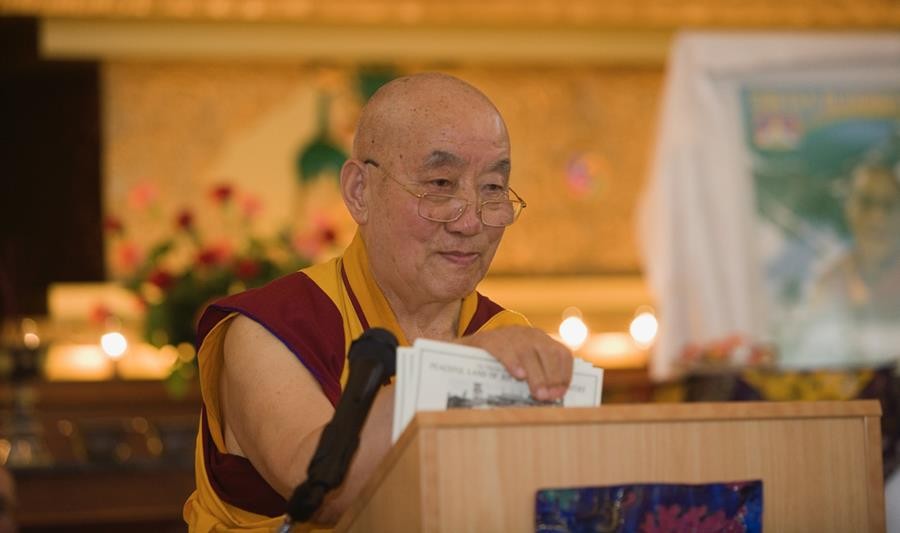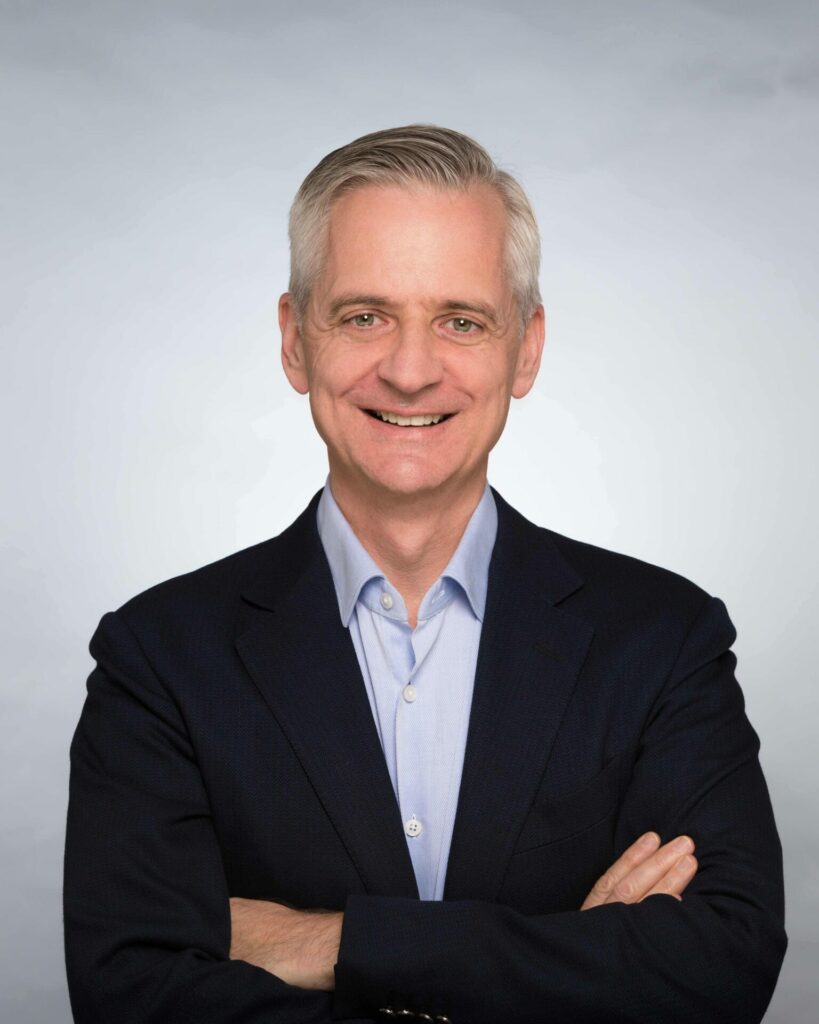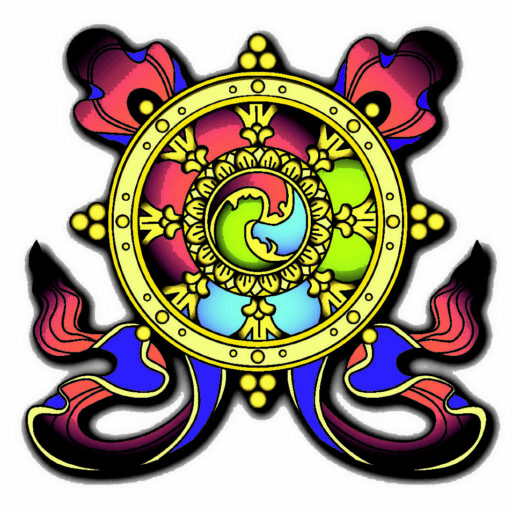by Anthony Joseph
One day, I was sitting with Geshe Loden at his table downstairs, where he ate, when he gave me an important teaching. At the time, life was especially busy for me. I had a demanding job—one that, for many of my colleagues, was more than just a job; it was a way of life. I was also deeply involved in supporting the Centre as it grew, helping with its many activities, and working on the regular publication of new books. And, of course, just the simple act of living takes time.
Whilst not sharing the stress or tiredness I felt, I said to Geshe-la, “I am busy.”
He responded with just a few words: “Busy is a state of mind.”

Geshe-la himself was extraordinarily productive. He taught multiple weekly classes, directed the Centre, and was actively involved in all aspects of its operations. He constantly interacted with and guided students, while also supporting many others beyond the Centre—helping students in India and at Denma Khangtsen (his college in India). He led retreats, gave empowerments, and travelled every two years to make substantial offerings to all the monks at his monastery, Sera Je, as well as the other major Gelug monasteries.
Amid all this, he maintained his own daily study. If you visited him, you would often find him reading a Tibetan text. He was also an avid follower of political and world affairs, watching multiple news broadcasts each day and analysing the intentions and strategies of global leaders. He walked every day and enjoyed sitting in the garden.
Looking back, it is hard to understand how he fitted it all together. And yet, he never appeared rushed, stressed, or overwhelmed. Whatever he was doing—whether teaching, studying, or engaging with students—his poise remained the same. He balanced intense activity with personal study, helping others, and moments of relaxation.
The Reflection of Our Own Mind
It can be difficult to accept that busyness is a state of mind—especially when you feel busy! A core teaching of Buddhism is that our experience of reality is not entirely separate from us. What we perceive as external burdens or pressures often reflect our own mind and emotional reactions, rather than being inherently fixed aspects of the world.
Geshe-la’s words highlighted this truth for me. He was showing me that much of what we struggle with arises from our own perception—our ingrained habits of seeing ourselves as limited, ordinary beings. When we hold on to this view, we react with stress instead of from a place of inner freedom.
His life was a demonstration of this teaching. He approached the mundane aspects of daily life with the same ease as his great responsibilities. In contrast, many people today wear busyness as a badge of honour, as though being overwhelmed signifies importance or success. This reflects the need for deeper inner development in our society.
A Work in Progress

How did Geshe-la’s words change my own reaction to busyness? I still have times when I feel busy, but I remember his teaching. I recognize that, at some level, busyness is my own reaction—it is something I generate rather than something imposed upon me. This awareness helps me to be more patient with it and simply do what is needed.
I also try to find the balance that Geshe-la exemplified. That is an aspiration and a work in progress. His example itself was a teaching—showing that there is a middle way, a way in which all aspects of life can be held in balance.
In your own lives, this teaching asks you to reflect on your own reactions and ask what label you are putting on your experience. When there is tension and a sense of limitation, reminding yourself that you are involved in creating that appearance is helpful. In the space this reflection might create, the teachings on patience, love and self-confidence are immensely helpful. The teachings ask us not to just apply them when things are easy, but to infuse them into all aspects of our lives including when we are challenged.
